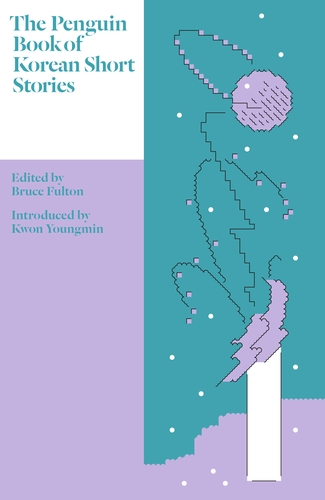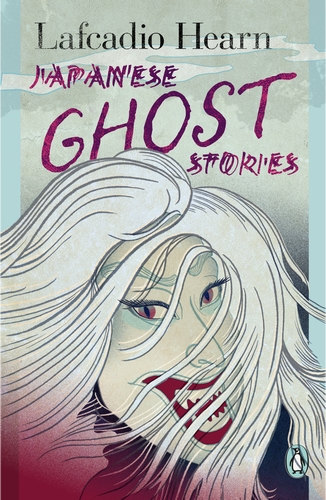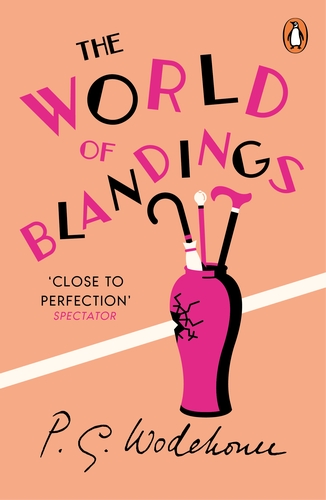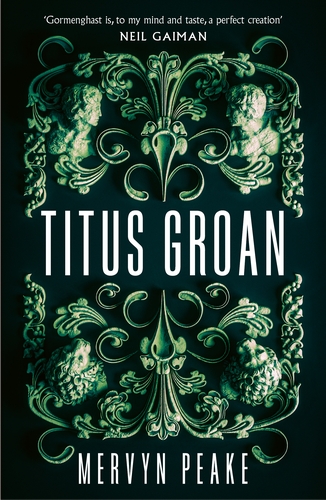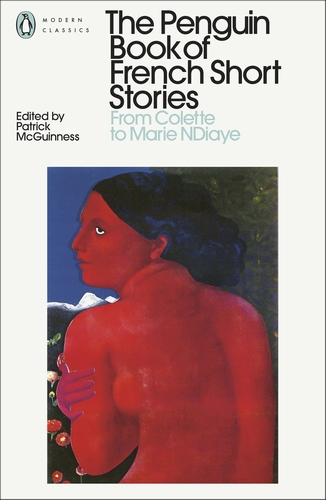Author:Anita Nair

Meet Akhilandeswari, Akhila for short: forty-five and single, an income-tax clerk, and a woman who has never been allowed to live her own life - always the daughter, the sister, the aunt, the provider. Until the day she gets herself a one-way ticket to the seaside town of Kanyakumari. In the intimate atmosphere of the all-women sleeping car - the 'Ladies Coupe' - Akhila asks the five women she is travelling with the question that has been haunting her all her adult life: can a woman stay single and be happy, or does she need a man to feel complete?
This wonderfully atmospheric, deliciously warm novel takes the reader into the heart of women's lives in contemporary India, revealing how the dilemmas that women face in their relationships with husbands, mothers, friends, employers and children are the same the world over.
A deeply serious, enjoyably lucid book about real terrors and joys, full of sensual and surprising details
—— Scotland on SundayNair conveys her protagonist's dilemmas with a freshness and charm... Her writing [has] a sharpness and immediacy that lifts it above the commonplace
—— The TimesModern India's vivid, sticky beauty is evoked beautifully... Nair's compassion for her characters shines through every carefully chosen word
—— Sunday TribuneAnita Nair demonstrates convincingly that she is a writer committed to highlighting the travails and contradictions of women's lives. Her strength lies in bringing alive everyday thoughts, desires and doubts of these six ordinary women
—— Times Literary SupplementNair is a powerful writer... She has created what must be one of the most important feminist novels to come out of South Asia
—— Daily TelegraphA fitting monument to Tolstoy's battles with what it is that makes us human
—— Philip Womack , ObserverHe handles words like a great poet
—— ObserverHe comes near to defying all criticism
—— Sunday TimesA creature of pure light and joy
—— New StatesmanA comic genius recognised in his lifetime as a classic and an old master of farce
—— The TimesThe funniest writer ever to put words to paper
—— Hugh LaurieThis is a ground-breaking piece of work. One of the crucial missing pieces in the great, slow, ongoing process of reassessment of literary reputations from that Soviet period. An immensely difficult task of translation...brilliant
—— Dr Susan Richard, author of Lost and Found in RussiaAndrey Platonov is one of Russia's greatest modernist scribes. Like his fellow science-fiction writer Yevgeny Zamyatin - author of the astonishing futurist novel We, published in the 20s - he was also among that tortured country's most prescient literary artists...The Foundation Pit, written in 1930 and now published for the first time in English, is his most striking attempt to convey the extreme estrangement suffered by ordinary people as collectivisation in agriculture proceeded across the USSR...one of the most prophetic nihilistic tales of this ruined century.
—— The West AustralianCompleted in 1930 but unpublished during his lifetime, Platonov's masterpiece, a scathing satire of the Soviet attempt to build a workers' utopia, gauges the vast human tragedy of Stalinism, portraying a society organized and regimented around a monstrous lie, and thus bereft of meaning, hope, integrity, humanity...His dark parable is a great dirge for Mother Russia as well as a savage analysis of the split consciousness fostered by an oppressive system. Platonov's books are still being unearthed in Russia decades after his death.
—— Publishers WeeklyA 20th-century Russian masterpiece...The Foundation Pit is a savage satire on collectivisation, a nightmarish vision of humanity trapped by the infernal machinery of totalitarianism...Platonov's grimly comic vision of a brave new world is as universal in its implications as any other account of a hellish utopia our century has produced..the dance of madness in The Foundation Pit is articulated as the suppression of anything human - sorrow and joy, hope and despair.
—— Sydney Morning Herald